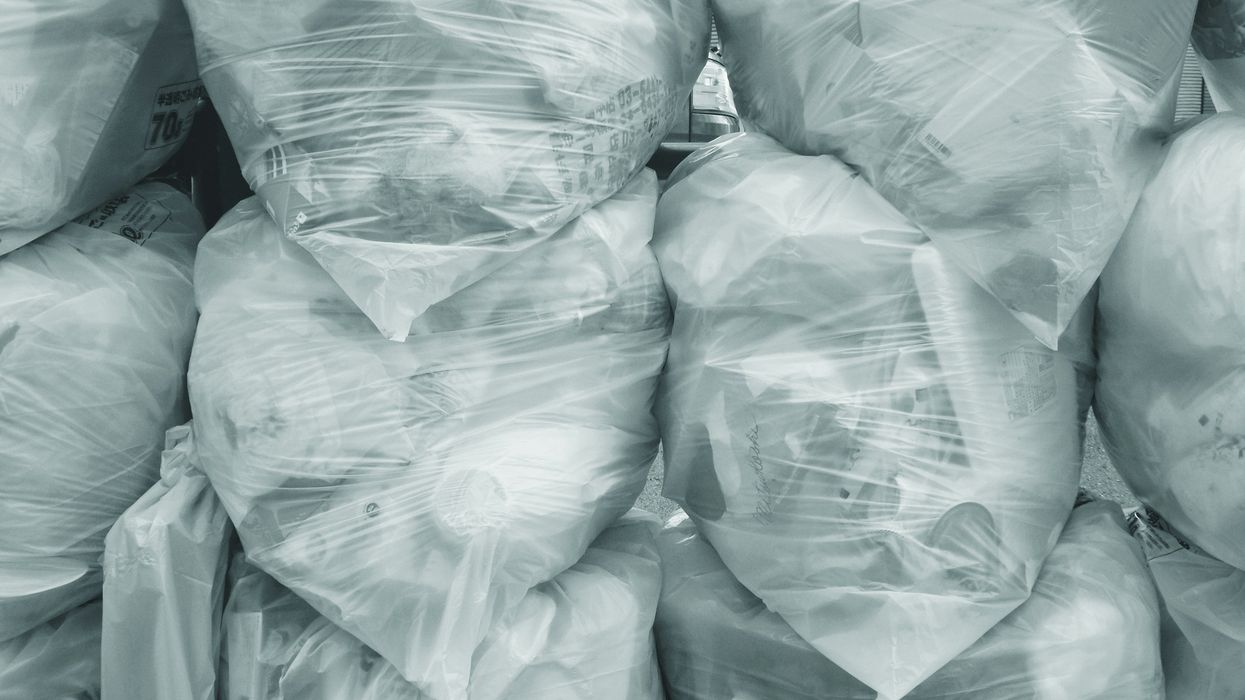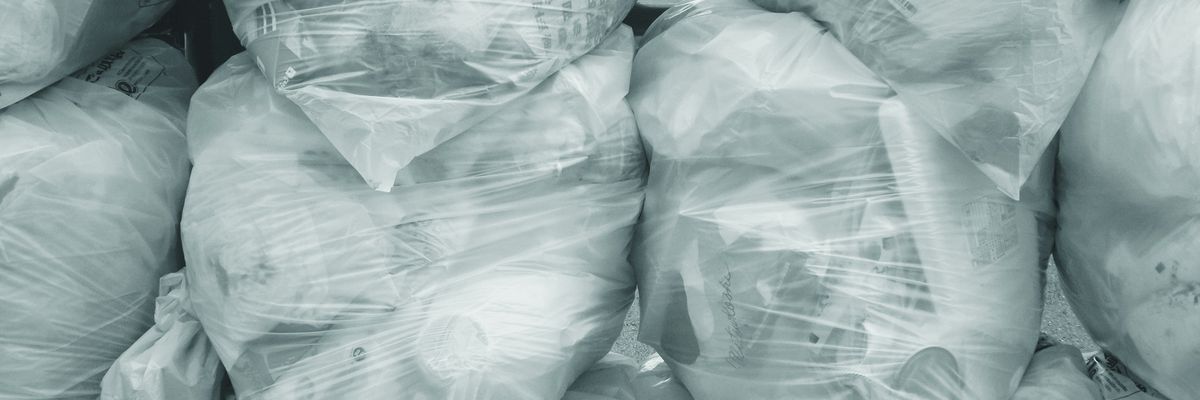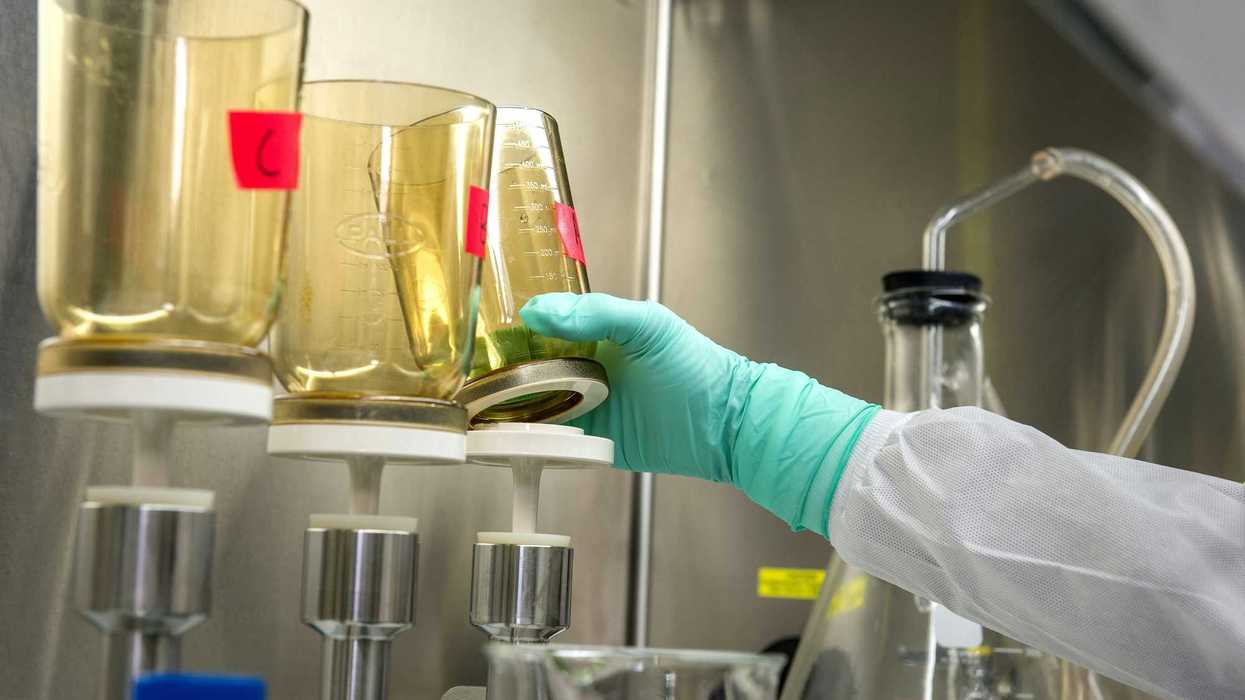A recent study in Nature estimates that the world generates 57 million tons of plastic pollution every year. In his commentary on the study, Matthew MacLeod examines how solutions must go beyond waste management in order to be effective.
In short:
- Two thirds of the worlds’ plastic pollution enters the environment in the Global South, in a large part due to a lack of infrastructure that can manage high volumes of waste.
- In his commentary, MacLeod highlights how current waste management systems can actually worsen emissions of other pollutants, including microplastics, hazardous air pollution and greenhouse gasses.
- As a result, addressing the global plastic crisis will require limitations on the production and use of new plastics, not just better waste management.
Key quote:
“Setting targets for limiting production and consumption of virgin plastic produced from fossil-fuel feedstock is the only rational strategy for tackling plastic pollution in the global environment.”
- Matthew MacLeod, via Nature
Why this matters:
Negotiations of the UN Global Plastics Treaty - which aims to tackle the plastic crisis on an international scale - are approaching a critical juncture. So far, the process has been hampered by some member states’ attempts to narrow the treaty’s scope to focus primarily on waste management. MacLeod emphasizes how the treaty could be a meaningful tool for reducing plastic pollution and protecting human health, as long as it includes solutions that address the full lifecycle of plastics.
Related EHN coverage:
- Op-ed: A plastic recipe for societal suicide
- Scientists say health should be the core of global plastic treaty
More resources:
The Scientists’ Coalition for an Effective Plastics Treaty is an international network of independent scientific and technical experts created to ensure the Plastics Treaty is based in accurate and up-to-date science. Their website includes fact sheets, policy briefs and other resources on the environmental and health effects of plastics.
Cottom, Joshua et al. for Nature vol. 633. Sept. 4, 2024
MacLeod, Matthew for Nature. Sept. 4, 2024- The deep injustice of plastic pollution ›
- The US falls behind most of the world in plastic pollution legislation ›

















